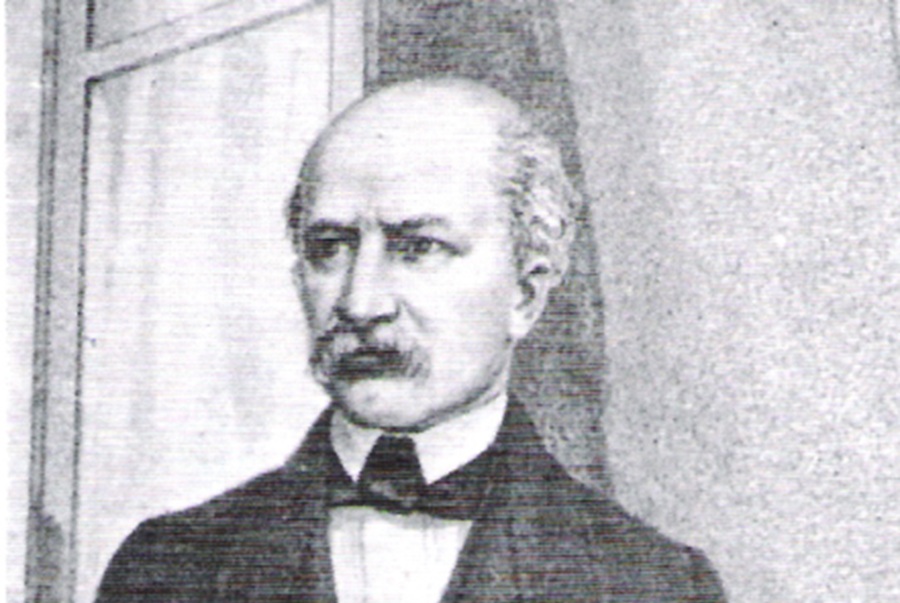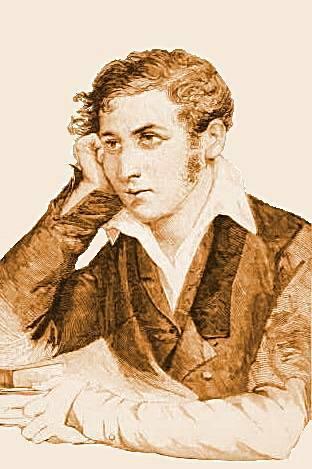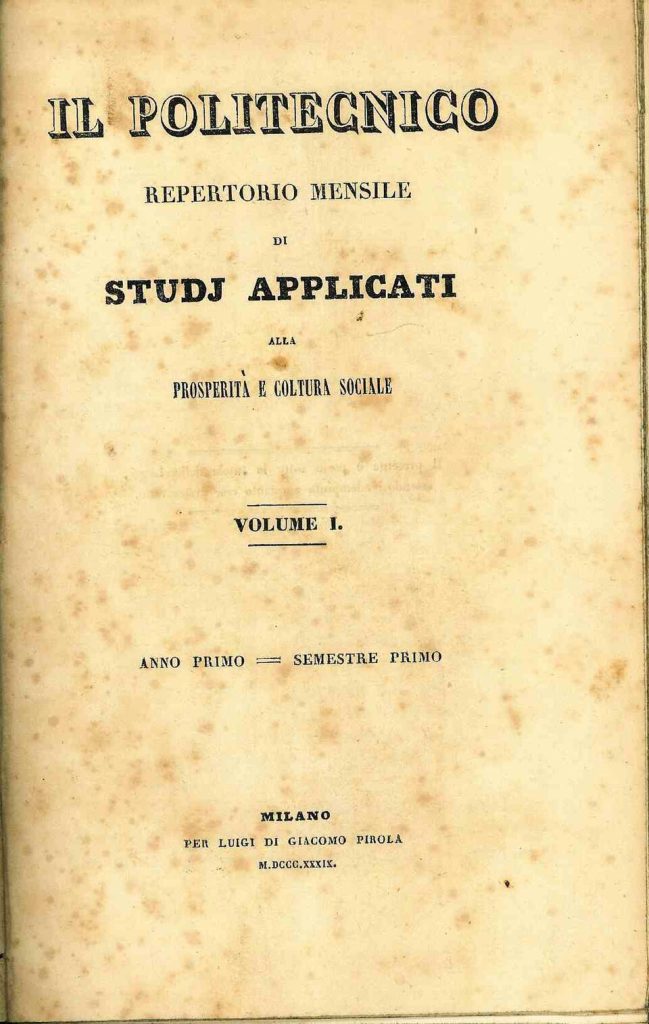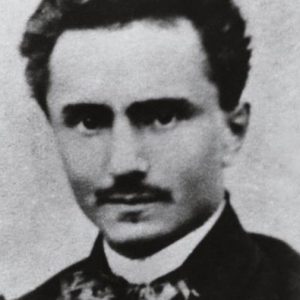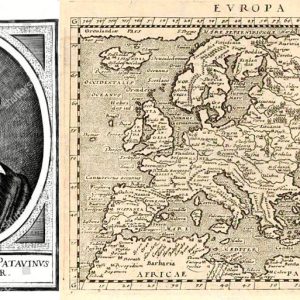Carlo Cattaneo, born on 15 June 1801 in Milan, was a philosopher, patriot, and firm republican. Cattaneo played a central role in the 1848 revolution and remains a key figure in Italy’s intellectual and political history.
The son of a goldsmith, Cattaneo studied law at the University of Pavia and graduated in 1824. Deeply influenced by Enlightenment ideals, he became active in the Carbonari movement in Lombardy and later sought to guide Italy’s development through science, philosophy, and federalism.
The philosopher Giandomenico Romagnosi inspired Cattaneo. His emphasis on practical solutions and interdisciplinary work shaped Cattaneo’s vision for Italy. In 1839, he founded Il Politecnico, a review that promoted the application of science and reason in public life. He lived in Milan’s Palazzo Gavazzi between 1840 and 1848 and married Anne Pyne Woodcock, an Irish noblewoman, in 1835.
His most celebrated role came during the Five Days of Milan in March 1848, when he emerged as one of the leaders of the city’s uprising against Austrian rule. Operating from Palazzo Taverna, Cattaneo helped coordinate the resistance and famously rejected any armistice that would have slowed the momentum of the revolt. His insistence on total Austrian withdrawal became a defining moment in the insurrection.
Opposition to monarchy
Though Cattaneo welcomed the end of Austrian occupation, he was deeply opposed to the monarchy of Piedmont and its vision for Italian unification. A committed federalist, he believed Italy should be a republic of autonomous regions rather than a centralised kingdom. His opposition to the monarchy led to his exile in Switzerland after Austrian forces returned to Milan later in 1848.
While in Lugano, Cattaneo taught philosophy and continued to write. His major works include Storia della Rivoluzione del 1848 and the Archivio triennale delle cose d’Italia. He resumed publication of Il Politecnico in 1860 and remained a vocal critic of Prime Minister Cavour, especially over the cession of Nice and Savoy to France.
Though invited by Garibaldi to help govern southern Italy and urged repeatedly to join the new Kingdom’s parliament, Cattaneo refused to swear allegiance to the monarchy. Even when he briefly agreed to stand for election in 1868, he withdrew at the last moment.
Cattaneo died in Castagnola, Switzerland, in 1869. Today, he is remembered as one of the sharpest minds of the Risorgimento, a man whose federalist vision stood in contrast to the dominant drive for centralised unity. Historian Gaetano Salvemini once called him one of the 19th century’s “men of genius,” alongside Cavour and Leopardi.

